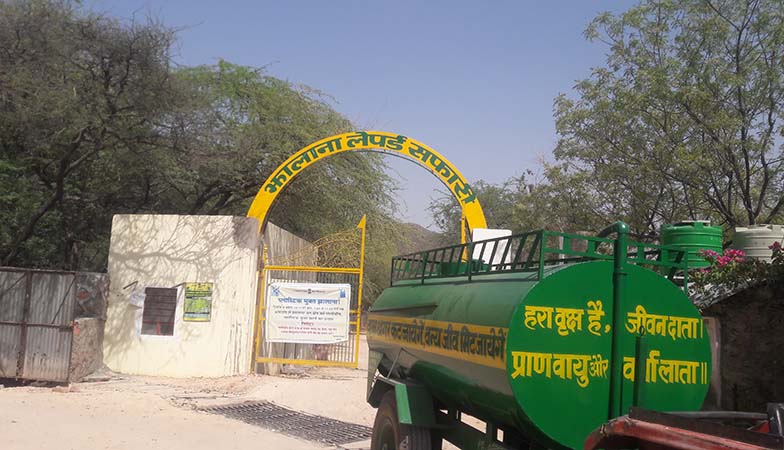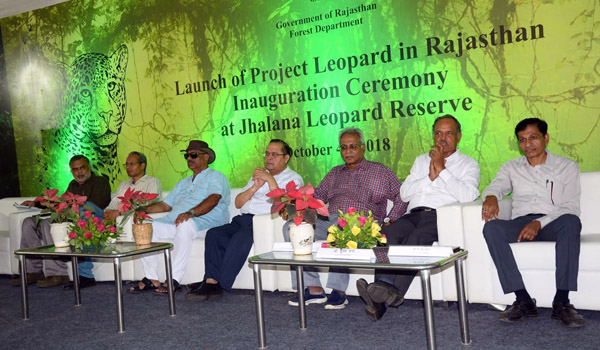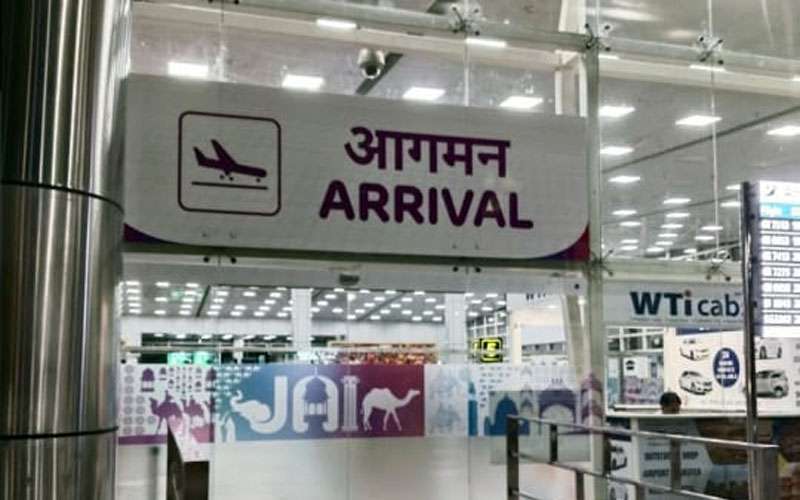Online booking system for Jhalana panther safari is gaining momentum
The system was launched on October 11 and has been used for 15 bookings.
Last Updated:

Jhalana Jungle Safari in Jaipur. Image credit: Post Staff
Jaipur: The online booking for Jhalana panther safari has started attracting tourists. The system was launched on October 11 and has thus far been used for 15 bookings. Nearly 80 Indian tourists have used these bookings and enjoy their safari experience.
Jhalana jungle safari has often been described as a dream project of Rajasthan Chief Minister Vasundhara Raje. The CM wants to ensure that this becomes a world famous panther safari hence the government is putting in efforts to ensure this becomes a reality. The introduction of an online booking system is a part of the process to make it a hassle-free experience for Indian as well as foreign tourists and wildlife enthusiasts.
A major electricity line passing through the forest areas was also shifted elsewhere to start this safari. The State Department of Energy had given an approval for this. This was done to ensure there are no animal causalities due to electrical lines. Places like Sariska have witnessed certain unfortunate incidents due to this and Forest Minister Gajendra Singh Khimsar had raised the issue with the government. The officials of the energy department were quoting an amount of nearly Rs 9 crores for shifting the electrical line from Jhalna however the minister had a few meetings with them and made them realize the importance of animal welfare and tourism promotion. After this, it was decided that the lines will be shifted.
Jhalana panther safari is likely to introduce many more features for the tourists in coming months. As per recent developments, the state forest department is planning to introduce battery operated vehicles to encourage tourism and wildlife conservation. The vehicle will contribute in controlling the pollution as well as ensure that animals are not disturbed in their habitat.
Jhalana is located in the heart of Jaipur city and spread over a 20 sq km area. It is home to around 20 leopards, including four to five cubs, over 120 species of birds, reptiles, and blue bulls, among others. Recently, to encourage tourism and conservation, entry of private vehicles to the forest area was banned. A task of strengthening and fencing of boundary walls of the forest area is being carried out in phases and is expected to be completed by March 2018.





